The Long-Term Effects of Foodborne Illness Can Change Your Life
Different types of foodborne illness affect each person’s body in various ways. If you have a compromised immune system, are very young or are older, the chances of contracting a foodborne illness are greater. Also, depending on which virus, bacteria or toxin is contracted, your symptoms and severity can be different.
Kidney failure is a serious complication that can occur with hemolytic uremic syndrome (HUS). This is a possibility after contracting E. coli bacteria. The bacteria can cause an infection that can produce a toxin substance that may cause injury to the kidney.
Chronic arthritis can be brought on with an infection of Shigella or Salmonella. It starts with eye irritation and painful urination. If this is not taken care of, it can lead to chronic arthritis. This leads to a lifetime of inflammation and joint pain. Another foodborne illness that can contribute to chronic arthritis is Campylobacter.
With different types of bacteria, viruses and toxins that can occur from foodborne illness, there are still several other long-term effects that can take place. There can be brain and nerve damage, or even death, that can change the lives of individuals with weak or compromised immune systems, infants, or the very young and older adults. We all can contract foodborne illness, but the chances are increased for these individuals. Listeria can cause mental retardation, seizures, paralysis, blindness and deafness in newborn infants.
Michigan State University Extension recommends taking simple precautions by washing your hands often and for at least 20 seconds under warm, running water. Keep hot foods hot, 135 degrees F or above. Keep cold foods cold, 40 degrees F or lower, and, when in doubt, throw it out. Do your part in keeping your food safe and free from foodborne pathogens.

相关热词搜索:
[责任编辑:]

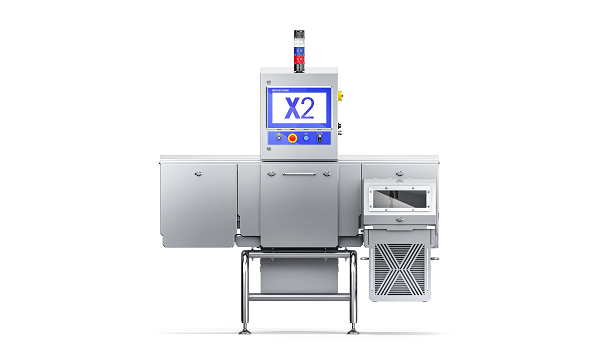 Mettler-Toledo 在中国国际渔业博览会上展示创新的产品
Mettler-Toledo 在中国国际渔业博览会上展示创新的产品
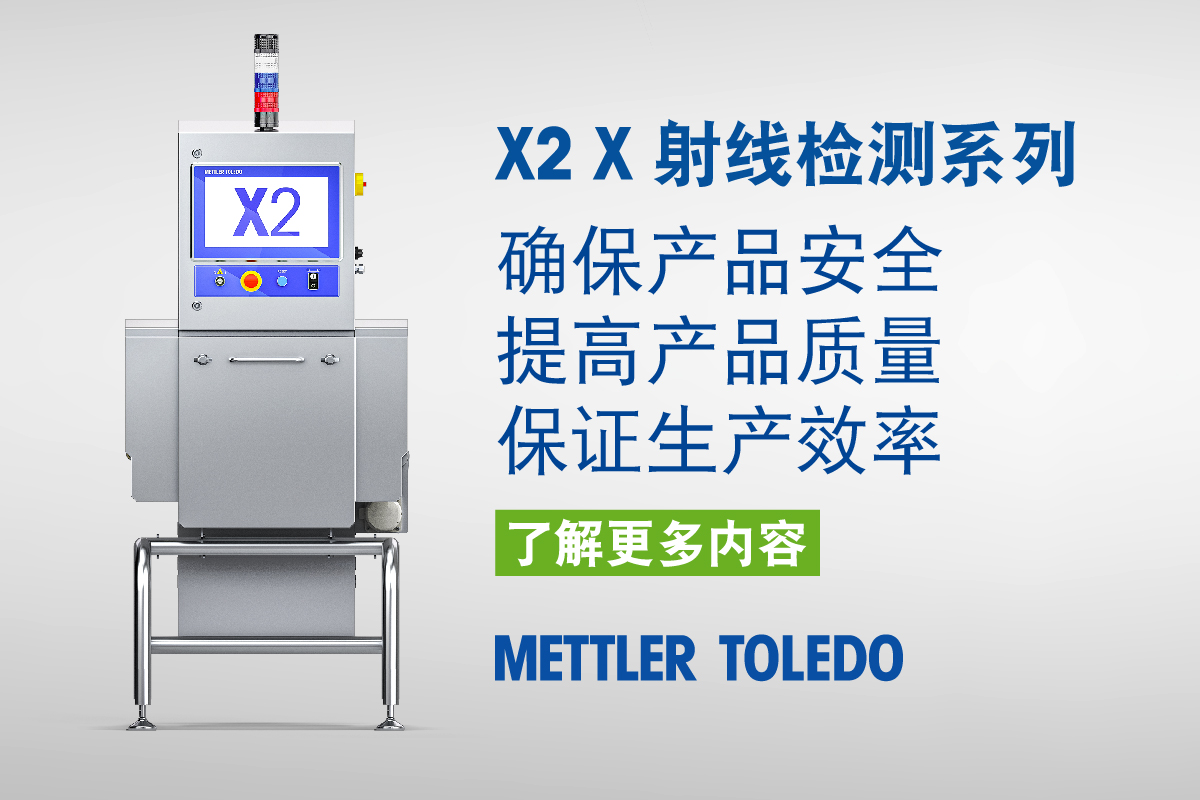 食品异物问题频发?是时候了解X射线检测了
食品异物问题频发?是时候了解X射线检测了
 开拓科技创新,撬动橡塑业高质量发展
开拓科技创新,撬动橡塑业高质量发展
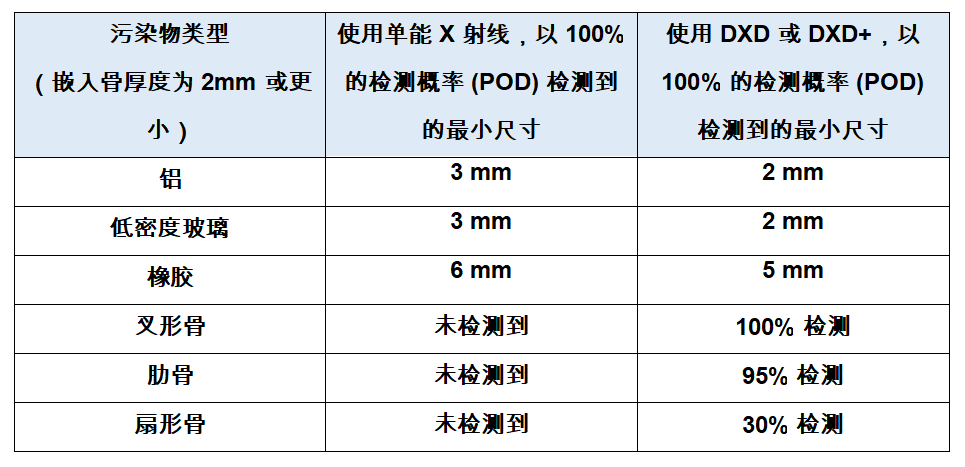 梅特勒托利多针对“难以发现”的污染物推出高品质X射线检
梅特勒托利多针对“难以发现”的污染物推出高品质X射线检
 探索婴幼儿辅食市场高质量发展之路,为宝宝成长保驾护航
探索婴幼儿辅食市场高质量发展之路,为宝宝成长保驾护航
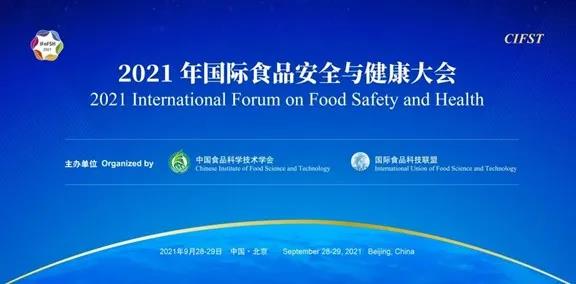 《食品安全最佳实践白皮书(2021-2022年)》四大主题发布
《食品安全最佳实践白皮书(2021-2022年)》四大主题发布
 《保健食品真实世界研究通则》团标技术审查与特食跨
《保健食品真实世界研究通则》团标技术审查与特食跨
 凝聚全球食饮智慧 SIAL西雅展国际化水平再创新高
凝聚全球食饮智慧 SIAL西雅展国际化水平再创新高
 精准把控 高质发展,第三届微生物安全与应用会议在
精准把控 高质发展,第三届微生物安全与应用会议在
 《食品行业科技创新白皮书》重磅发布!
《食品行业科技创新白皮书》重磅发布!

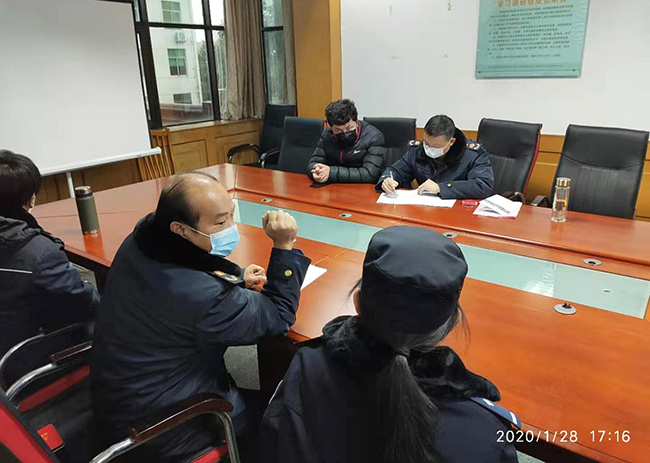

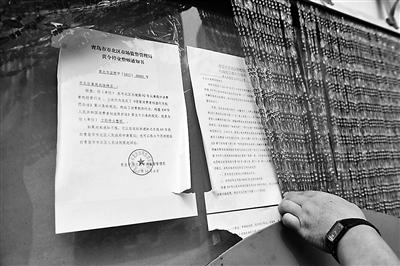
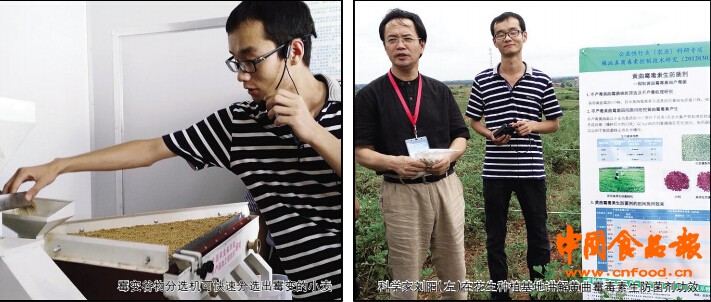

参与评论